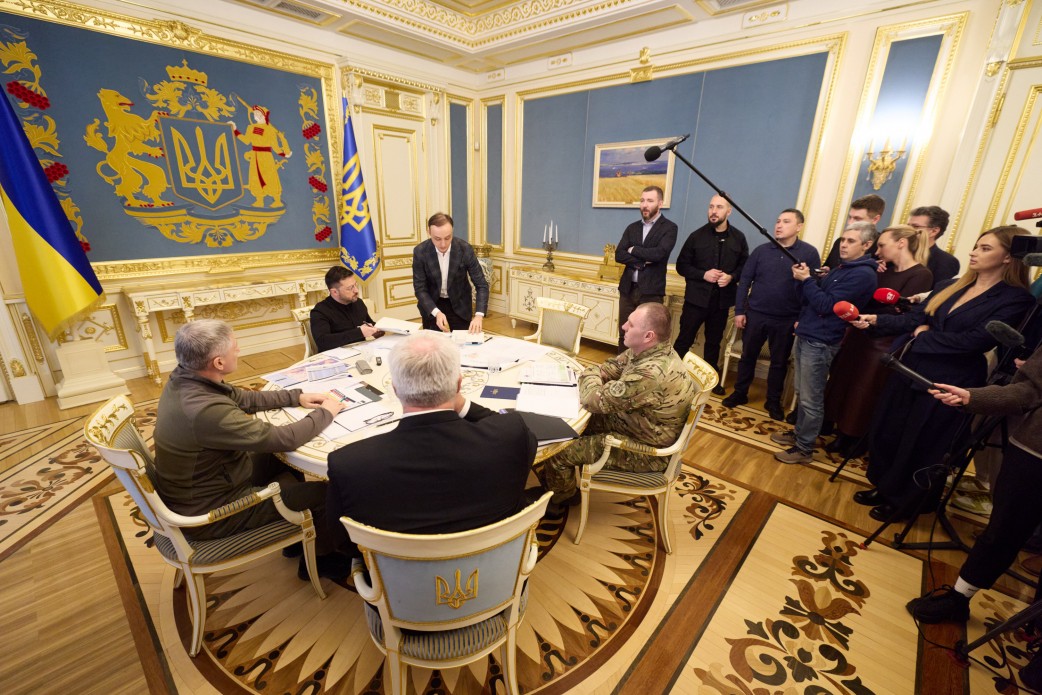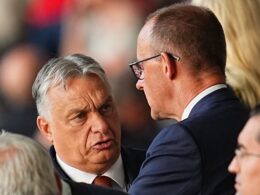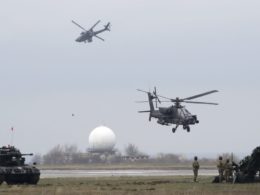Ukraine is working closely with European partners on the 20th EU sanctions package against Russia, President Volodymyr Zelenskyy announced on 31 October 2025.
Kyiv has submitted proposals to ensure the package targets Russian energy companies, tankers, and military-industrial enterprises, reinforcing pressure on Moscow over its war in Ukraine.
In parallel, Ukraine enacted domestic sanctions on more than 50 individuals and companies supporting Russia’s war effort. The measures target pro-Russian propagandists, Russian, Chinese, and Iranian companies supplying Russia’s military-industrial complex, and their executives.
While largely symbolic, these domestic sanctions are intended to synchronize Kyiv’s restrictions with international partners and signal a unified stance against Moscow.
“Since the beginning of the year, we have synchronized 11 sanction packages with our partners - six with the EU, and others with the United States, Canada, and the United Kingdom,” Zelenskyy said. “Next month, we will complete the synchronization efforts. It is now very important for us to ensure coordination among the G7 countries.”
Ukraine’s coordination emphasizes reducing Russia’s oil revenues, limiting the shadow fleet, and countering propaganda, while ensuring sanctions enforcement is consistent across partner jurisdictions.
Recent sanctions cut Russia off from major oil buyers as energy giant profits plunge
Recent coordinated sanctions are showing concrete impact on Russia's war economy. On 22-23 October, the US, UK, and EU imposed their largest sanctions package since 2022, targeting Rosneft and Lukoil - Russia's two largest oil companies that account for roughly half of the country's 10.6 million barrels per day output and nearly a third of federal tax revenue.
Within hours of the announcement, Chinese state oil firms suspended seaborne Russian crude purchases while Indian refiners prepared to slash imports, isolating Moscow from buyers representing over 85% of its crude exports. Lukoil announced it would sell its international assets just days after the sanctions took effect.
The EU's 19th package simultaneously banned Russian LNG imports by 2027 and froze 117 additional shadow fleet tankers.
Combined with Ukrainian drone strikes that have cut Russia's refining output by 500,000 barrels per day, refined fuel exports have plunged to their lowest level since early 2022, averaging just 1.89 million barrels per day in October, according to Bloomberg.





